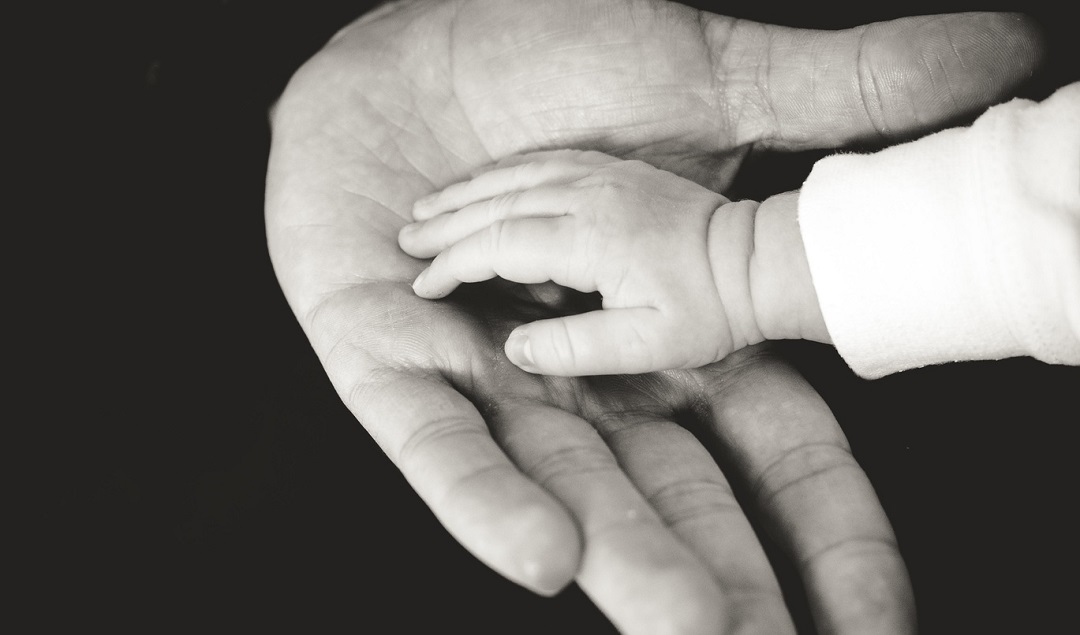Sentencing laws on both the federal and state level have not only increased the numbers of individuals incarcerated in prisons and jails, they have resulted in an increase in the number of minor aged children impacted by the incarceration of a parent. Many policymakers are increasingly focusing their attention on the impact that incarceration has upon a child’s development.
Like trauma, experiencing the incarceration of a parent can have an adverse impact on a child’s development. For example, studies have shown that these children have an increased likelihood of mental health problems and substance use, school failure and unemployment. Family members, foster parents and other caregivers may work hard in helping parents and children maintain parental ties during periods of incarceration. However, prison and jail visits and letters hardly make up for the pain and loss that both parent and child experience during the incarceration of a parent.
Many of the consumers that we work with are often dealing with the personal consequences of parental incarceration. During periods of incarceration many have lost touch with children and other family members or become estranged from them.
Even more are interested in reconnecting with children and other family members. As a new program director, I wondered what if any role my program could or should play in helping consumers reestablish relationships with their children. However, the answers were provided by the many parents who implored us to do something.
We explored how we could involve children (including adult children) of trainees in the activities of the center. We also explored how we could help parents and children celebrate the important new milestones that each child and/or their parent achieved during their training. For example, we had annual graduation dinners and lunches where families could celebrate the graduation of a parent from the training program. Since many parents were on small or fixed incomes we planned child friendly activities like picnics and holiday parties. Turnout of family members including children was always high. We wanted to give parents and their children an opportunity to experience joy and laughter with each other.
We also provided support to parents as they negotiated sometimes difficult relationships with their child’s primary caregiver. We encouraged parents to obtain formal visitation rights through the courts when other less formal efforts failed. More than anything else we wanted parents to have an opportunity to renew their relationships with their children and other family members. Mental illness and incarceration often left these relations tattered but salvageable given the time and support for real healing to take place.
In closing, I encourage providers to create opportunities for parents to renew their relationships with their children and other family members. Wherever possible create opportunities for family reunification to take hold. More than anything else remember that many of the consumers that you work with are parents and are looking for ways to reconnect with their children. For many parents the desire to reconnect is an integral part of their recovery process. Having family friendly activities and celebrations are often simple yet key steps to creating these opportunities for the consumers that you work with and most importantly, for their children.


